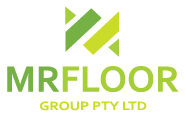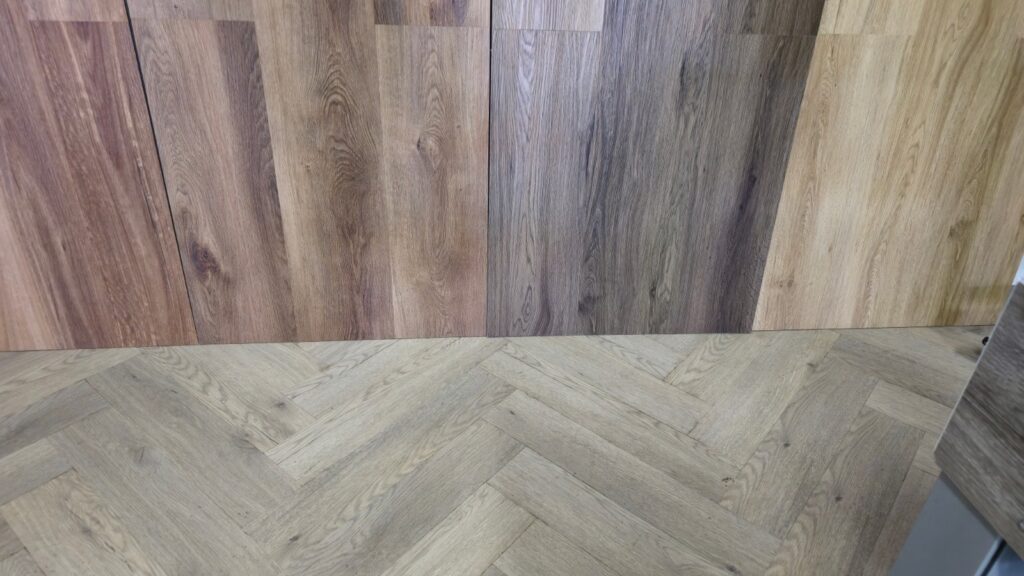Which is Best: SWC, WPC, or SPC Hybrid Flooring?
When it comes to choosing hybrid flooring for your home or business in Melbourne, you’ll encounter several options that promise durability, style, and ease of maintenance. Among the most popular are Stone Plastic Composite (SPC), Wood Plastic Composite (WPC), and Stone Wood Composite (SWC) hybrid flooring. Each has unique characteristics that make it suitable for different environments and preferences. Let’s dive into what sets them apart and help you decide which is the best choice for your needs.
What is Hybrid Flooring?
Hybrid flooring combines the best features of laminate and vinyl, offering a product that is waterproof, highly durable, and aesthetically versatile. These floors are constructed with a rigid core layer, topped with a decorative layer that mimics the appearance of natural wood or stone, and a wear layer that protects against scratches and stains. Hybrid flooring is an excellent choice for areas prone to moisture, such as kitchens and bathrooms, and it provides the added comfort of sound insulation and softness underfoot.
SPC Hybrid Flooring (Stone Plastic Composite)
Composition and Features:
- SPC hybrid flooring consists of a core made from limestone and PVC, which gives it an ultra-dense, rigid structure.
- Known for its superior durability and resistance to impacts, making it ideal for high-traffic areas.
- The waterproof nature of SPC flooring makes it a great option for bathrooms, laundries, and other wet areas.
- It is generally thinner than WPC or SWC but still provides excellent stability and scratch resistance.
- SPC floors are easy to install with a click-lock mechanism, often requiring no adhesive.
Pros:
- Highly durable and impact-resistant.
- 100% waterproof.
- Ideal for high-traffic and wet areas.
- Generally more affordable compared to WPC.
Cons:
- Can feel harder underfoot due to its rigid core.
- Slightly less sound-absorbing than WPC and SWC.
WPC Hybrid Flooring (Wood Plastic Composite)
Composition and Features:
- WPC flooring features a core made of a mix of wood pulp and plastic, resulting in a softer, more cushioned feel.
- It offers excellent sound insulation, making it suitable for multi-storey homes or apartments.
- While it is also waterproof, its core is less dense compared to SPC, which can make it slightly less stable under heavy impacts.
- WPC is appreciated for its comfortable underfoot feel and the warmth it brings to a room.
Pros:
- Comfortable underfoot with a softer feel.
- Good sound insulation.
- Waterproof, suitable for most indoor spaces.
- Warmer and more natural appearance.
Cons:
- Less dense and slightly less durable than SPC.
- Can be more expensive than SPC options.
- Not as suitable for heavy-traffic areas or where high impact resistance is needed.
SWC Hybrid Flooring (Stone Wood Composite)
Composition and Features:
- SWC is a newer entrant that combines the strengths of both SPC and WPC, featuring a core made from a blend of stone and wood composites.
- It offers a balance between the hardness of SPC and the comfort of WPC, providing a medium level of resilience and stability.
- SWC is engineered to be highly durable while still offering some degree of comfort and warmth underfoot.
- It tends to be slightly more expensive due to its enhanced properties.
Pros:
- Combines the benefits of both SPC and WPC.
- Durable, waterproof, and comfortable.
- Suitable for a wide range of applications, including high-traffic and wet areas.
- Better sound absorption compared to SPC.
Cons:
- Higher cost due to its composite nature.
- Availability can be more limited compared to SPC and WPC.
Which is Best for You?
The choice between SPC, WPC, and SWC hybrid flooring ultimately depends on your specific needs and preferences:
- SPC is the best choice for high-traffic areas, commercial spaces, residential spaces and places with heavy furniture or equipment, thanks to its high impact resistance and waterproof properties. Slightly Cheaper.
- WPC is ideal for residential spaces where comfort and sound insulation are priorities, such as living rooms and bedrooms. Slightly More Expensive.
- SWC offers a balanced solution that caters to those seeking durability without sacrificing comfort, making it versatile for most areas of the home. More Expensive.
Consider your lifestyle, the specific room where the flooring will be installed, and your budget. By understanding the distinct features of SPC, WPC, and SWC, you can make an informed decision that ensures your flooring will look great and perform well for years to come.
Conclusion
Choosing the right hybrid flooring can enhance your space’s aesthetic appeal and functionality. Whether you prefer the rugged durability of SPC, the comfort of WPC, or the balanced performance of SWC, there’s a perfect hybrid flooring solution for every setting. Always consult with a flooring professional in Melbourne to get tailored advice and explore the latest collections that suit your style and budget.

